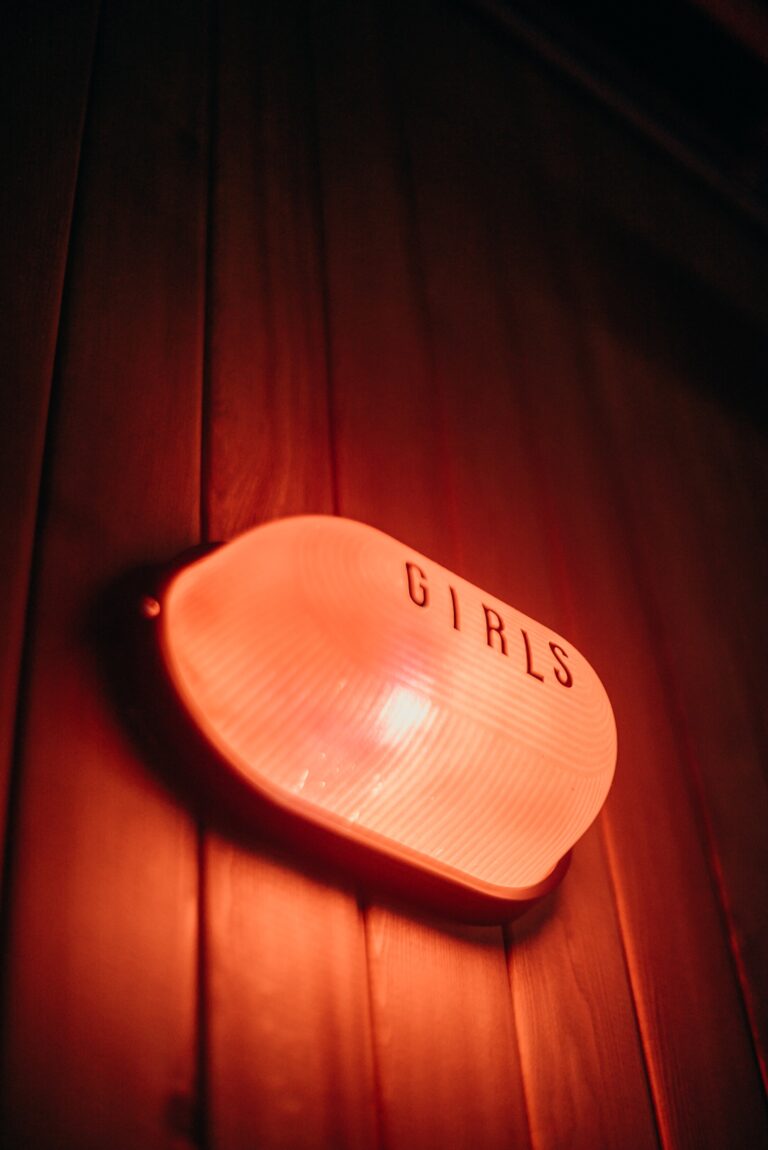Is Prostitution Legal in the Democratic Republic of the Congo?
Prostitution in the Democratic Republic of the Congo (DRC) is illegal and punishable by law. However, due to the country’s political instability and lack of effective law enforcement, prostitution is widespread, particularly in urban areas and regions affected by conflict.
What are the Laws, Penalties, and Law Enforcement Procedures?
The DRC’s legal system is based on Belgian civil law and customary law. The primary legislation governing prostitution is the 1940 Penal Code, which criminalizes the act of engaging in sexual relations for money or other forms of remuneration. Penalties for prostitution-related offenses include:
- Imprisonment of up to 3 months for individuals who engage in prostitution
- Imprisonment of up to 6 months for those who facilitate prostitution, such as pimps and brothel owners
- Imprisonment of up to 5 years for individuals who force others into prostitution or engage in child prostitution
However, these penalties are often not enforced, due to the lack of resources, corruption within law enforcement agencies, and the prevalence of poverty in the country. This has led to a thriving underground prostitution industry in the DRC.
How is Prostitution Referred to Locally in the Democratic Republic of the Congo?
In the DRC, prostitution is often referred to as la débrouille or hustling in French. This term reflects the idea that many individuals engage in prostitution as a means of survival, rather than by choice. Other common local terms for prostitutes include:
- Prostituée (prostitute in French)
- Fille de joie (girl of joy in French)
- Ngambo (a Swahili term for a prostitute)
What is the History of Prostitution in the Democratic Republic of the Congo?
Prostitution has been a longstanding issue in the DRC, dating back to the colonial era. During the Belgian colonial rule, prostitution was regulated and used as a means to control the African population. The 1940 Penal Code was introduced to criminalize prostitution, but the practice persisted, particularly in urban areas and mining regions.
Following the DRC’s independence in 1960, the government made efforts to address the issue of prostitution, but these efforts were largely unsuccessful. The ongoing conflict and political instability in the country have further exacerbated the problem, as many women and girls are forced into prostitution due to poverty, displacement, and lack of economic opportunities.
How do Government Laws and Links Impact Prostitution in the Democratic Republic of the Congo?
The government’s inability to effectively enforce laws against prostitution, coupled with widespread corruption and poverty, has led to a thriving underground prostitution industry in the DRC. Many women and girls who engage in prostitution do so out of desperation, as they have few other options for survival. The illegal nature of the practice also leaves them vulnerable to abuse, exploitation, and violence.
Several international organizations, such as UN Women and Amnesty International, have called for the decriminalization of sex work in order to better protect the rights and safety of sex workers. They argue that by decriminalizing prostitution, the government can more effectively regulate the industry, reduce exploitation, and provide support services to those involved in sex work.
However, the DRC’s government has not taken any significant steps towards decriminalizing prostitution, and the practice remains illegal and stigmatized in the country.
